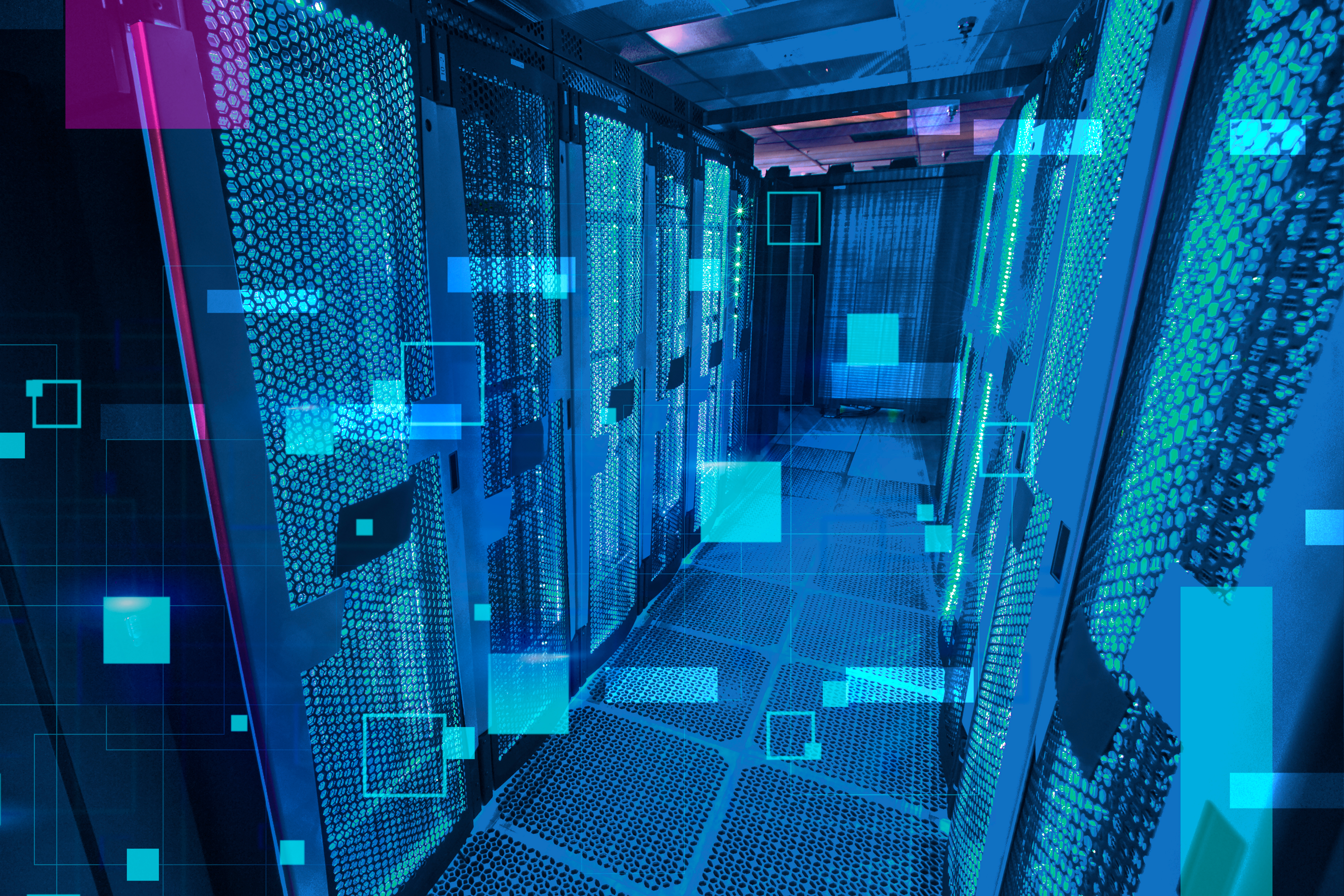Artificial Intelligence is evolving rapidly, and one of the most important developments in making AI more practical and extensible is the Model Context Protocol (MCP). If you’ve come across MCP servers but aren’t sure what they are or why they’re useful, this blog breaks it down in simple terms.
MCP servers act like bridges-connecting AI models to real-world tools, data, and services in a safe and standardized way.
Anonymous
What Is an MCP Server?
The Model Context Protocol (MCP) is an open protocol designed to connect LLMs (Large Language Models) with external tools, data sources, and services. An MCP server is the implementation of this protocol-it acts like a bridge between AI models and real-world systems.
Instead of being limited to answering prompts based only on training data, LLMs can use MCP servers to:
- Query live data: Databases, APIs, or files.
- Trigger actions: Send emails, update CRM, create tasks, or fetch reports.
- Extend functionality: Add safe integrations without retraining models.
Why Use an MCP Server?
MCP servers solve one of the biggest limitations of LLMs: isolation. On their own, models like GPT or Claude can’t interact with your systems-they only generate text. With MCP, they can safely integrate into workflows.
- Interoperability: One protocol works across different tools and models.
- Security: Clear access rules prevent unsafe or unauthorized actions.
- Extensibility: Add new integrations without retraining the AI.
- Productivity: AI agents fetch real-time data and take actions directly.
How to Use an MCP Server
Getting started with MCP typically involves three steps:
- Set Up the Server: Install or build an MCP server and define its capabilities.
- Connect to the Model: Point your LLM to the MCP server so it can “see” tools and APIs.
- Use in Workflows: Prompt the model to fetch data or perform tasks, e.g., “Pull the last 10 leads from Salesforce and send me a summary.”
This transforms AI from a static Q&A system into a dynamic agent.
The Future of MCP Servers
Just like APIs standardized how apps communicate, MCP is emerging as the standard for AI-to-world communication. It ensures that AI agents don’t just generate insights-they can act on them safely and reliably.
If you’re building AI-powered products, experimenting with MCP servers today means preparing for the next big wave of adoption—AI that doesn’t just talk, but actually works alongside you.
"MCP servers will become the backbone of practical AI-bridging intelligence with real-world execution."

